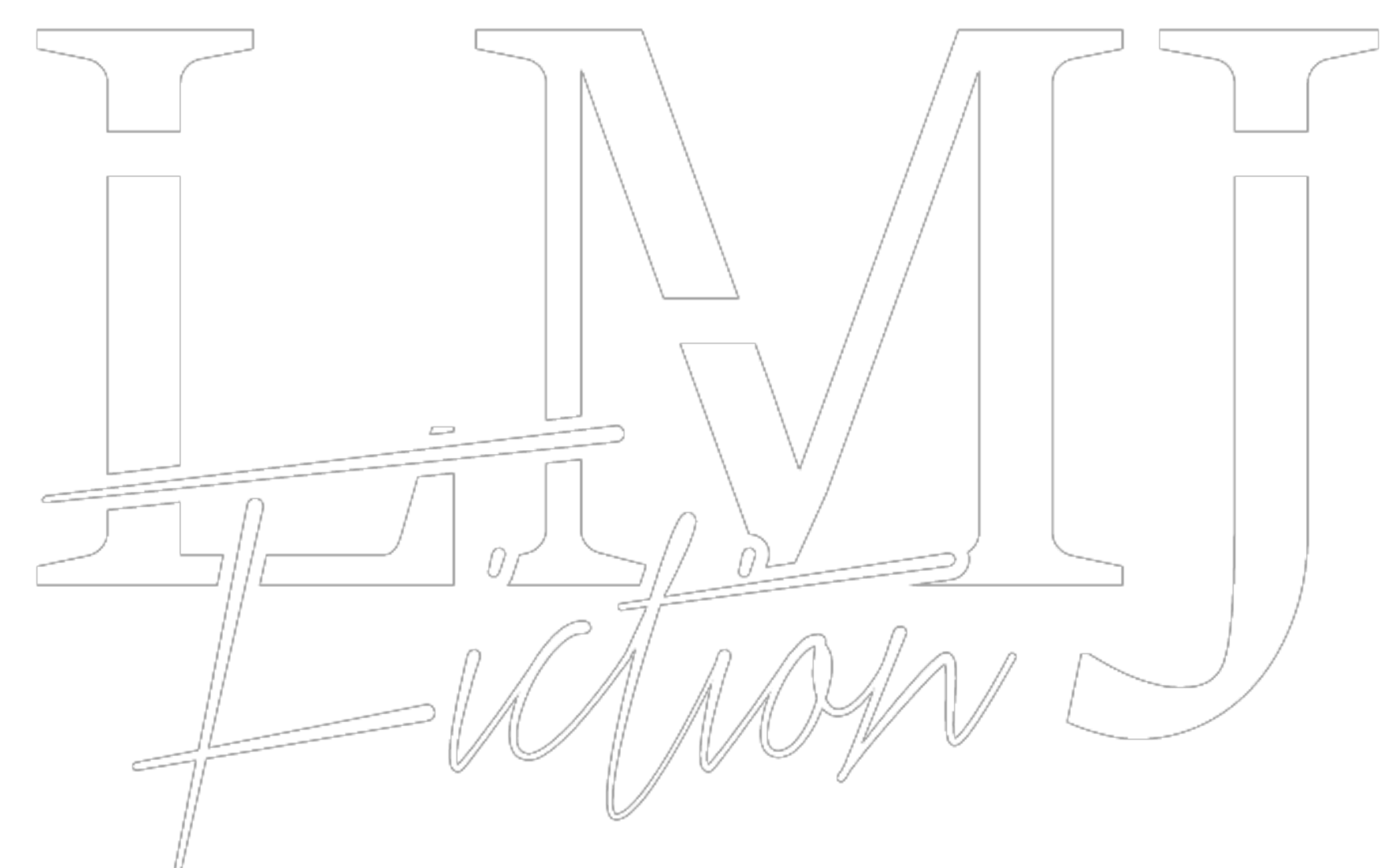Editing may be a dish best served cold–but no one can eat leftovers forever.
My first book went through 8 rounds of editing and it will get 2 more from a professional. Then, what will be will be.
Initially, I was under the misunderstanding that an editor did all this work for you–let me tell you, they do not. Taking out those mistakes, adding and removing content, controlling out of control commas are examples of things you as the writer owe your readers. No one will write or rewrite your work as well as you. I think it is worth the time investment to learn basic grammar.
When I finally took my work to a freelance editor, I insisted she look over a sample before quoting me a price. I don’t feel it’s fair for me to pay the same as someone who failed to any independent editing before submitting to a professional. I was right. The quote came in well under budget and the work was exemplary.
Rather than focusing on the basics of grammar and structure, the editor was able to address higher order problems like sentence flow and cadence. Somehow–and I had to merge documents in Word to see these changes–the editor made my tone more engaging. The reader’s attention was drawn to the active phrases in my sentences. My thoughts were more clearly communicated. I was floored, and I fully intend to credit the editor when my book goes to publication.
The need for these sorts of changes were hard to recognize when I’ve re-read a piece too many times to count. What I will tell you, is these corrections can’t really be made before basic grammar is addressed. That means more read-throughs and as a writer, you will pay for these.
Self-publication is about investment. There is no easy way.
Traditional publication feels even more stringent as self-publishing has taken up a progressively larger market share. I think it’s a mistake to fail to invest. If you want a reader to value your work, you will need to take all aspects seriously.
Research, not just character building, but psychology–not that they are a particular way, but why. If you are writing about swordsmanship, learn about it–even just the basics. If your character fights with a staff, read up on bo fighting. You want to incorporate aspects of the damned into your urban fantasy? Get books on demonology. Borrow from history. Take from science. Learn about religions before attempting to create one.
Invest in yourself, your book, and your audience. Even if you never sell a single copy, you will have a product you can stand behind. Readers will only believe it if you do. You get what you give.
Love and Gratitude,
LMJ

